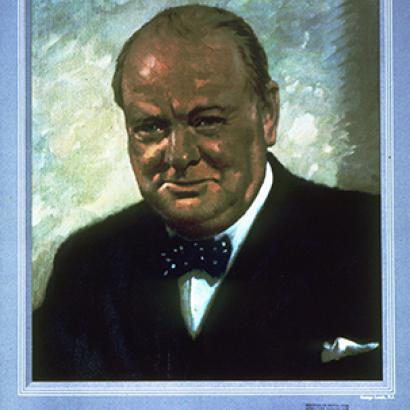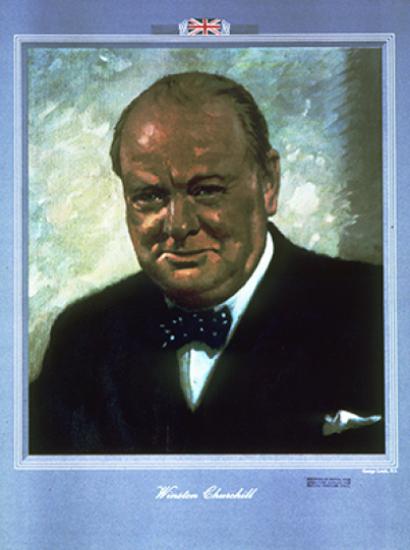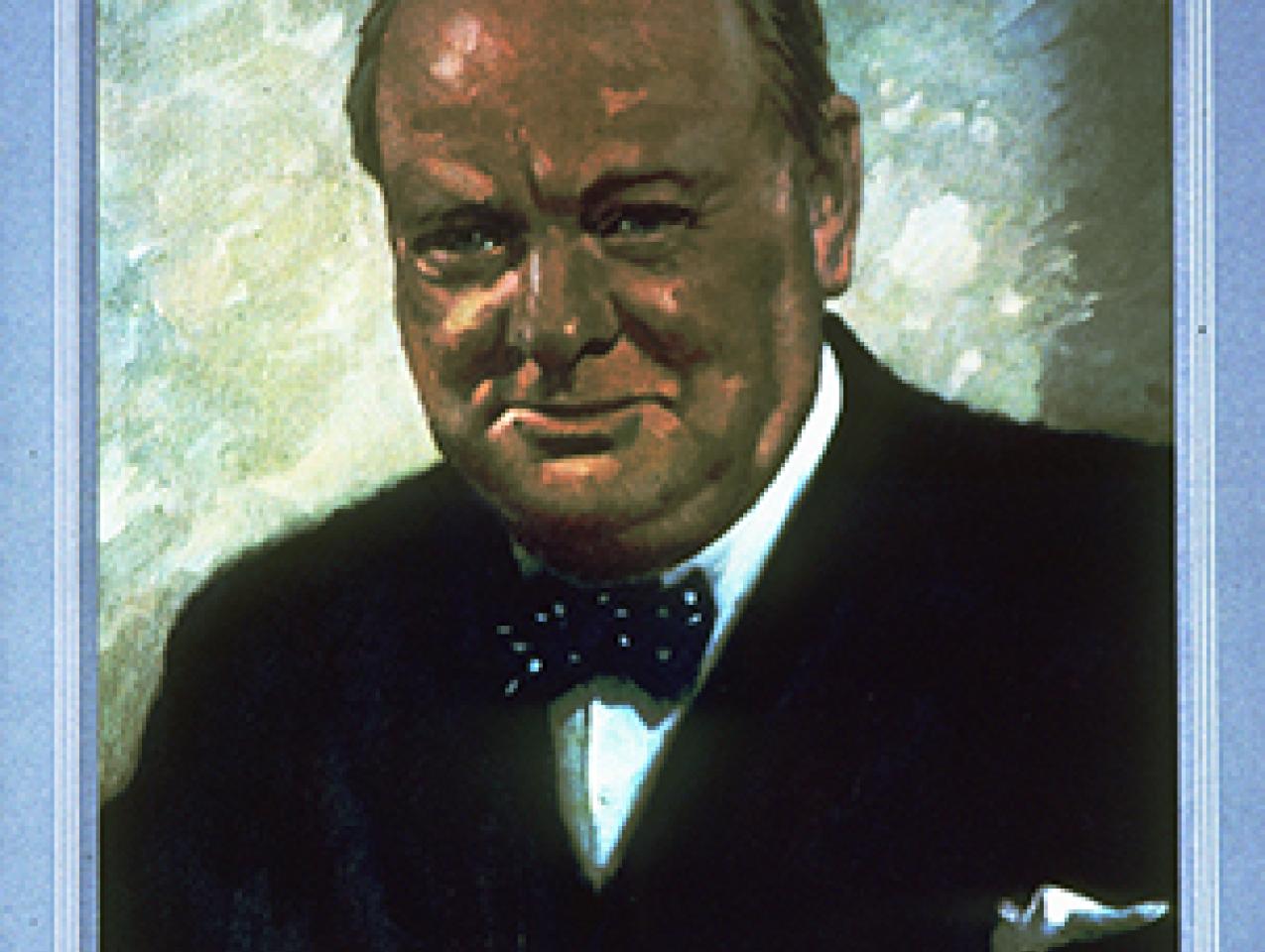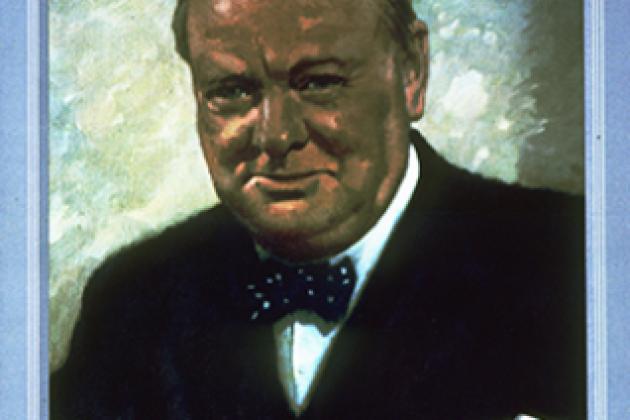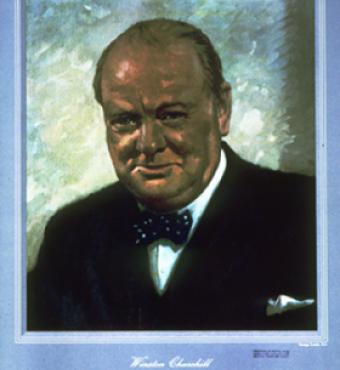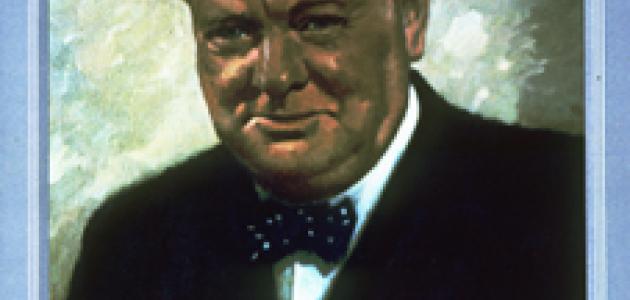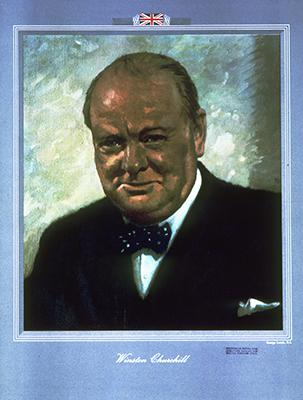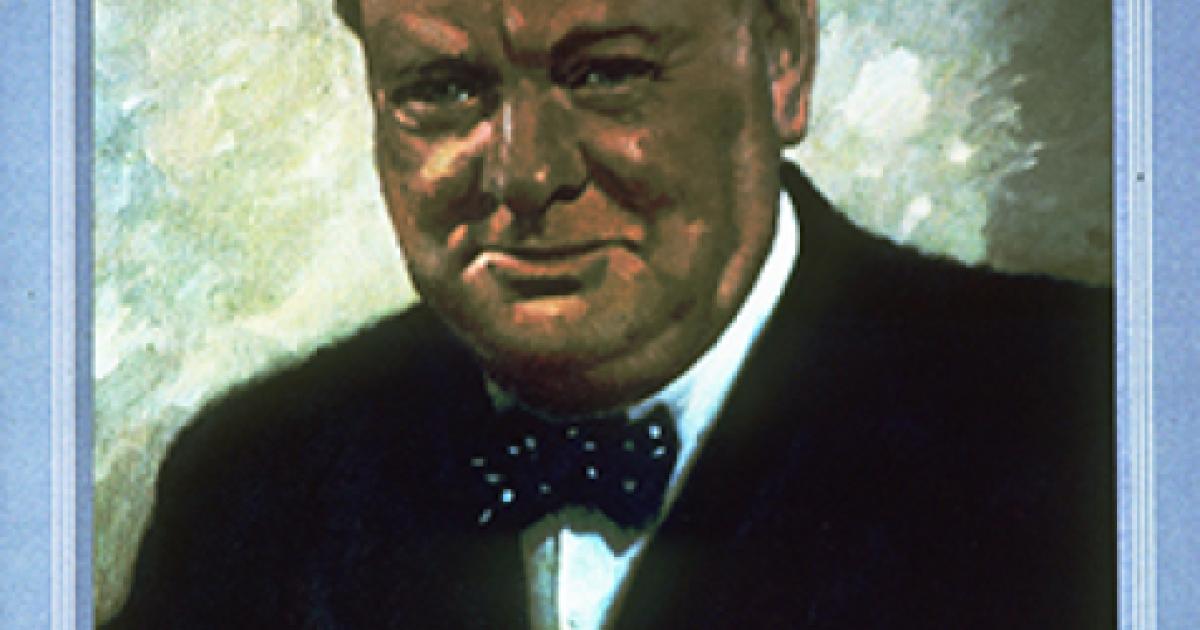- History
- Military
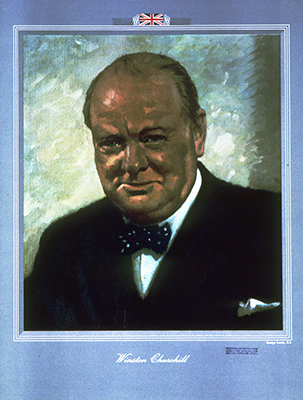
In October of this past year, the astronaut Scott Kelly tweeted a famous quote from Winston Churchill: “in victory, magnanimity.” For his troubles he received a host of outraged tweets from the politically correct crowd that Churchill was a racist, responsible for the 1943 famine in Bengal, and numerous other supposed atrocities as Britain’s leader during the Second World War. The tweets are a remarkable tribute to the widespread ignorance of the past among those who so delightedly cast their fury at the past. Such narrow condemnations reflect the attitudes of those who desire to hold those in the past to standards that they themselves could not meet. In fact, without Churchill, it is entirely possible that the Germans would have won the Second World War. Without him, it is certainly doubtful whether Britain would have remained in the war against Nazi Germany, considering the pusillanimity of the leaders of the Conservative Party, who dominated the political scene.
Churchill was a great statesman, partially because he was an outstanding historian, but also because he had a keen sense of the other. No more was this so than in his recognition of the extraordinary danger that Adolf Hitler and his Nazi regime represented. Unlike virtually every one of Britain’s leading statesmen and most of her intellectuals, he recognized the Nazis as not just a strategic threat but a moral threat to everything that the United Kingdom and Western Civilization stood for. Alone in the 1930s Churchill had eloquently and persuasively warned of the terrible danger that was swelling up across the North Sea. Yet, the conventional wisdom, attitudes that spread across party lines, was that there was no danger of another war with the Germans. In early October 1938, immediately after the Munich Conference had abandoned Czechoslovakia to the tender mercies of the Nazis, Churchill gave his most brilliant speech, one that still echoes through its various pages—a speech that tore the ideal hopes away from Chamberlain’s policy of appeasement. But the reaction in the House of Commons was one of outraged disdain that such criticism could be made in the House about a prime minister who had just brought “peace in our time” back to the British people.
Sometimes human events hang by a threat. One year and seven months later Churchill became prime minister, ironically on the very day that the German panzers came west to destroy the French Army. But Churchill’s appointment was not a sure thing. There was a considerable chance that Lord Halifax would have become the prime minister; only Halifax’s doubts about himself kept him from grasping for the leadership position. The great majority of the Conservative party would have preferred one of the chief supporters of appeasement and Chamberlain’s policies to Churchill’s dubious—and false—reputation for recklessness. The king would certainly have preferred Halifax to Churchill. But in the end the choice went to the dark horse. Halifax made clear in the coming weeks, as matters went from bad to worse on the continent, that in fact he believed fervently that Britain could reach a reasonable peace with the German dictator.
And so we find ourselves confronted with the bizarre opinions of the twenty-first century’s politically correct, who if they could would remove the evil, racist Churchill from history would do so. Whether they would applaud the consequences is another question. But then living in a world quite possibly dominated by Nazi Germany, they might have no other choice.







